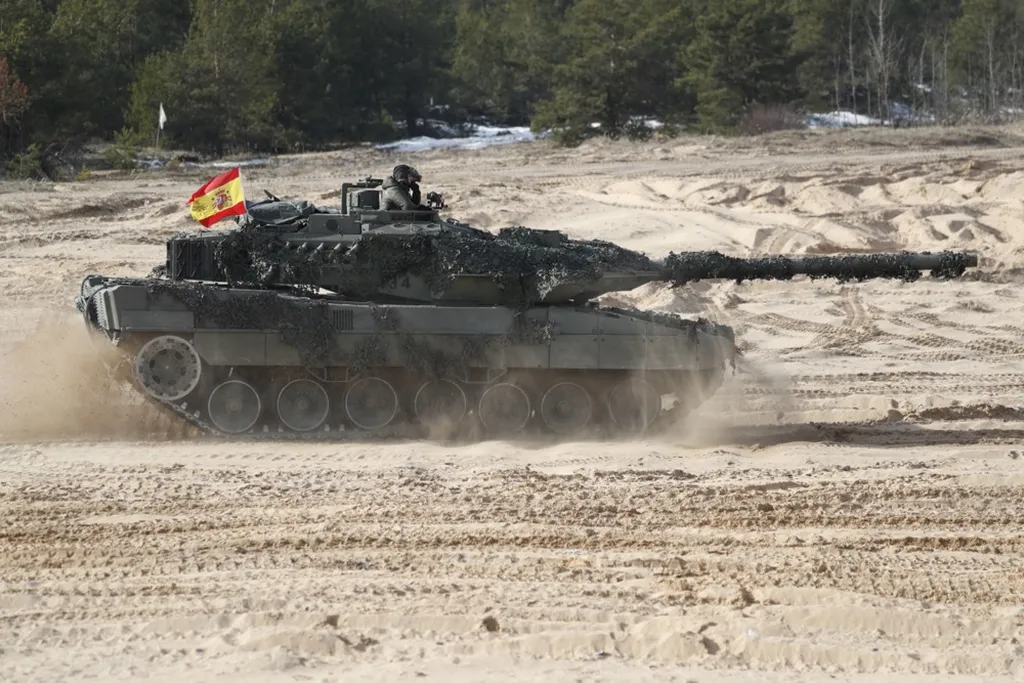Spain’s recent declaration of a total arms embargo against Israel has sent ripples through the defence sector, raising questions about the practical and strategic implications of such a decision. While the move aligns with Madrid’s condemnation of the war in Gaza, the suspension of arms imports from Israel is proving to be a complex and costly endeavour.
The embargo, announced in late September, targets a range of military equipment, including ammunition, rocket launchers, anti-tank missiles, and communication systems. However, cancelling these contracts—particularly the €700 million Silam rocket launcher deal and the €287 million Spike anti-tank missile contract—comes at a steep price. The total cost of termination is estimated at €1.2 billion, a significant financial burden for Spain.
Beyond the financial impact, the embargo poses operational challenges for Spain’s armed forces. Félix Arteaga, a defence and security researcher at the Royal Elcano Institute in Madrid, warns that the cancellation of these contracts will leave the Spanish military without critical equipment. “The main damage is not to exports to Israel, but to the contracts that Spanish industry has signed with Israel,” he says. “Our police forces will probably not receive the ammunition they were expecting, and our pilots will delay their training.”
Replacing Israeli suppliers quickly is another hurdle. The global defence industry is currently saturated with contracts, meaning new procurement deals could lead to delivery delays, increased costs, and potential compromises in technology quality. “The market is currently saturated with contracts,” Arteaga explains. “And each new contract means a delay in delivery, additional costs, and not all technologies are equivalent. They are not of the same quality as Israeli technology.”
However, not all analysts share this view. Christophe Wasinski, a lecturer and researcher at the Université Libre de Bruxelles (ULB), argues that alternatives exist. “There are a huge number of producers around the world, so I think there are ways of finding equipment in other countries,” he says. This perspective highlights the broader geopolitical and commercial dynamics at play, where supply chain flexibility could mitigate some of the embargo’s immediate effects.
Spain’s decision follows Slovenia’s lead in imposing a total ban on arms trade with Israel, a rare move within the European Union. While other EU capitals, such as Rome, Brussels, and Amsterdam, have imposed limited restrictions, Spain’s stance is notable. The embargo reflects growing European unease with Israel’s military actions in Gaza, with Prime Minister Pedro Sánchez framing the decision as a rejection of what he described as a “genocide.”
The embargo also underscores Europe’s role as a key market for Israel’s military industry. In 2024, Israel exported approximately $14 billion (€11.9 billion) in arms, with European countries accounting for roughly half of that total. Countries like Romania, Germany, Denmark, and Estonia have been major importers of Israeli defence technology, including anti-aircraft and anti-tank missiles, drones, ammunition, and electronic systems.
As Europe grapples with the ethical and strategic implications of arms trade with Israel, Spain’s embargo sets a precedent that other EU members may follow. However, the path forward is fraught with challenges. Israel maintains a strong presence in Europe through subsidiaries and joint ventures, complicating efforts to sever ties entirely. The defence industry’s interconnected nature means that even as countries like Spain take a stand, the broader geopolitical and commercial landscape will continue to shape the future of arms trade.

